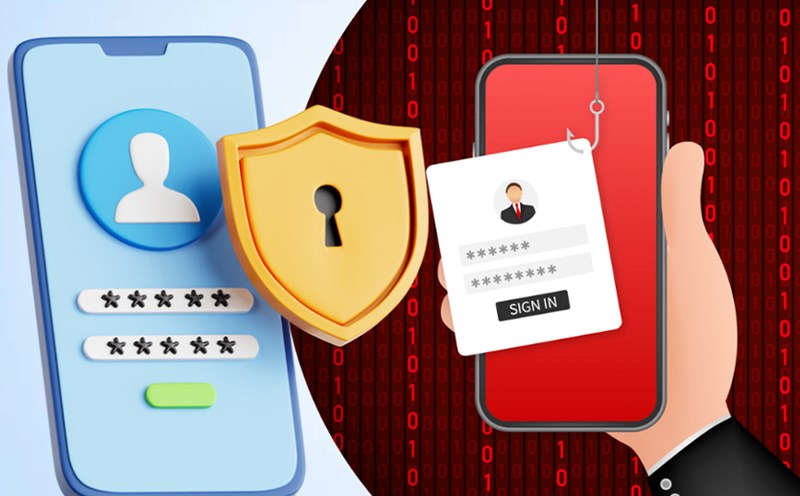According to cybersecurity experts, QR codes are widely used in modern life from Wi-Fi connection, access to websites, event documents, payment gateways, watching menus in restaurants...
In addition to utilities, QR codes can also be used by cybercriminals to commit online scams. A form of fraud via QR code is called quishing, especially through posts of unknown origin or without orders.
According to experts, if users receive a post with an unknown QR code, it is a sign of fraud, the user's identity has been violated. After scanning the code, users will be reminded to provide personal or financial information.
In some other cases, scanning QR codes unintentionally causes users to access websites or download malware that scammers use to steal data and personal information.
According to FBI experts, scanning fake QR codes can help scammers access your phone account or lead to a fake payment portal. Here, users are easily lured to accidentally provide cybercriminals with access to their bank accounts and credit cards.
To protect themselves, cybersecurity experts have given the following advice:
- Be careful with packages or packages of unknown origin or with products that you do not order.
- Be careful with packages without sender's information.
- Be careful before granting permission to your phone and accessing the website or any application.
- Do not scan QR codes from unknown sources or addresses.







